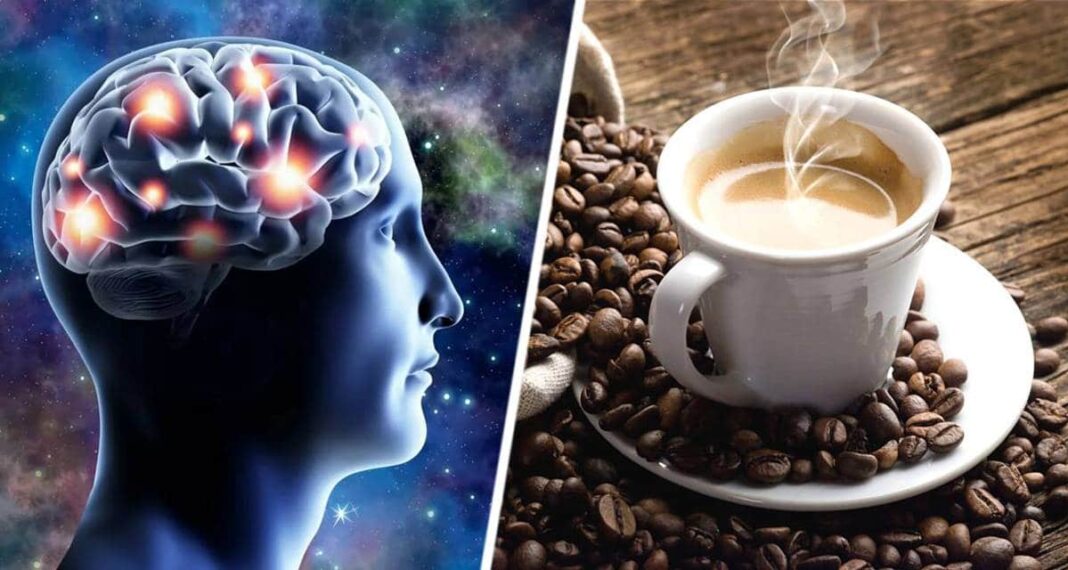Caffeine, like tobacco and alcohol, is a stimulant that makes you feel different than you really are. According to The Sun and an expert who spoke with the publication, there are eight signs that you can recognize caffeine addiction.
Coffee and tea are the most popular forms of caffeine. In addition, many soft drinks, energy drinks, chocolate, and medications also contain this compound.
Several times, studies have linked it to a lower risk of Alzheimer’s disease, increased life expectancy, and better heart health. In general, health experts say that caffeine is probably safe for most healthy adults when limited to 400 mg per day, which is equal to about four cups of coffee.
But everyone has a different level of tolerance to caffeine, and this can cause a number of side effects, some of which are unfavorable. For example, Lenstore, a contact lens retailer, researched the warning signs of caffeine addiction, ranging from blurred vision to muscle tremors and insomnia. It said that mood can be worsened by too much caffeine or by avoiding it. And in case of any deviation, you should contact a specialist. Let’s list the signs of “caffeine addiction”.
First, it’s anxiety. Giving up your morning coffee can cause anxiety. At the same time, participants who used it noted that caffeine itself causes disturbing thoughts. This is because caffeine releases adrenaline, the “fight or flight” hormone. With increasing doses of caffeine, some people may feel jittery, anxious, and jittery.
Second, insomnia. Caffeine’s job is to keep you awake, so consuming it during hours too close to bedtime puts people in the danger zone. Third, i.e. 33 percent of people admit that caffeine prevents them from falling asleep at night, which is a symptom of insomnia. Caffeine can stay in the body for hours on end. Consider cutting back on your tea and coffee intake from lunch so you’ll be sleepy by the evening, experts suggest.
Thirdly, headaches. One in five people said that caffeine gives them a headache. Meanwhile, headaches are often a symptom that people experience from coffee withdrawal, so if you want to cut down on caffeinated beverages, the side effect is inevitable.
The compound constricts blood vessels in the brain. When you stop taking it, these vessels dilate again and can cause pain, the doctors explained. This can last for a couple of weeks, which is one of the reasons for reducing caffeine intake.
Fourth, dizziness. Too much coffee can cause mild dizziness. Caffeine is a stimulant, like tobacco or alcohol, that reduces blood flow to the brain. With excessive use, mild dizziness is often felt.
Fifth, muscle tremor. This may manifest as hand shaking or eye twitching. With excessive consumption of the substance, the muscles can be depleted of oxygen, causing them to spasm.
Sixth, high blood pressure. Each person’s blood pressure response to caffeine is different, but some may experience a sudden spike in just after a cup of coffee.
According to the World Health System, drinking more than four cups of coffee a day can increase blood pressure. And it’s thought to be more likely when combined with the nicotine found in tobacco and e-cigarettes.
High blood pressure, referred to as hypertension, has a number of causes, so caffeine alone is unlikely to control this condition. However, people with hypertension should stay away from this source of energy. Hypertension has a number of deadly complications, including heart attack, stroke, kidney disease, and dementia.
Seventh, eye problems. High blood pressure can put pressure on the eyes. The tiny blood vessels that supply blood to the eyes can be damaged when blood pressure is too high, which can cause a number of vision problems. This includes retinopathy and choroidopathy, which cause blurred vision, bleeding in the eye, and even complete loss of vision.
Recent studies have shown an association between high intake and risk of glaucoma. Glaucoma can have a range of symptoms including redness of the eyes, eye pain, seeing rings around lights, blurred vision, and blindness if left untreated.
And the last – confusion and hallucinations. Caffeine overdose is extremely rare, Healthline said. But the signs will include confusion and hallucinations. On a smaller scale, caffeine can make you irritated, especially if you’re going through withdrawal. Increased adrenaline can also cause hallucinations or brain fog. At this point, it may be best to cut back on your caffeine intake.









